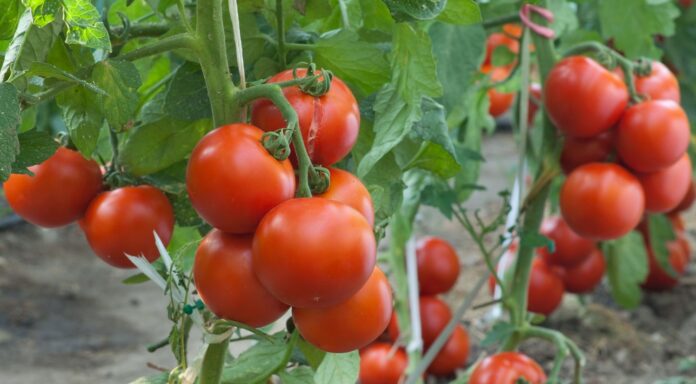Farmers in some parts of Oyo State say lack of rainfall is threatening food production.
They also note that loss of farm produce is rampant due to climate change while calling on government to come to their aid by providing irrigation system to farmers.
The farmers who spoke in Ibadan on Tuesday, noted that since seven weeks, there had been scanty rainfall that could not wet the plants sufficiently.
Mr Jide Oguntokun, a large-scale farmer at Ido, Oke Owa and Lanlate, a farmer, said climate change had affected his livelihood.
“This year alone I can say I have lost a huge amount of money to produce loss due to climate change, in the last seven weeks or more, we have not had rain. Government is asking people, especially youths, to go to the farm but there are issues that need to be addressed if farming will be productive for people in the business. I have spent a lot of money to cultivate and plant on hectares of land but for the past seven weeks I have not seen rain. I just got a call from my farm over the weekend that most of my crops have dried up. I pay N250,000 per annum to each Togolese that I employ to work on the farm and I have about ten of them, that culminate to about N2.5 million that I will be paying at the end of November. All my tomatoes and peppers as I speak are all dried. The only thing I am banking on is palm trees because they are hardly affected by lack of rainfall. Cassava is also a strong crop too but every other thing has been affected by climate change. Even the plantains I planted are not bringing out fruit because there is no water to sustain them”.
Oguntokun said the focus had been on COVID-19 pandemic, noting that relevant stakeholders ought to look beyond 2020.
“We need to start to look at 2021 for food sufficiency because COVID-19 pandemic will just be a minor thing in the face of impending famine and starvation. There is a need for a food bank but I don’t think such provisions have been made to cater for the time of need. The developed countries have food banks for their citizens so how are we going to get help. We are to be talking about alternatives now to ensure food supplies such as irrigation. The cost of irrigation is enormous for most farmers, including me”.
He said the government should intervene as youths, who are being encouraged to go into farming business, could not afford the irrigation system needed due to climate change.
“It is beyond the provision of land, fertility and tractors. Water is very essential and should be provided too. Government should ensure adequate security for farmers and provide an enabling environment for farming to thrive. Infrastructure should be provided such as good roads because bad roads are another problem faced by farmers. Young farmers cannot afford the cost of irrigation for large farmland. The effect of this is that it will discourage many people from farming and if people are withdrawing then there would be a problem of food sufficiency”.
He noted further that the problem of climate change was compounded with the security challenges in Oke Ogun region of Oyo State.
“I have a farm at Lanlate but I am too scared to go there, considering the rate of kidnappings and killings in that region”.
Also, Mrs Bola Abodunrin, a smallholder farmer from Otu town, Alaga village in the Oke Ogun region of Oyo State, said the greatest challenge for the ongoing planting season is inadequate rainfall.
“This year, we are experiencing hardship due to lack of rainfall. Our plants are not growing as it should and they are drying off on the field. Food items are very expensive due to this. There are low yields due to the absence of rainfall as and when due to make the crops produce and grow as they should”.
However, Mr David Afolayan, a geographic information system analyst, said “major solution is the need for public private partnerships that will promote climate smart agricultural techniques that leverage on the Geographic Information Systems technology”.
Afolayan noted the need for indigenous and modern farming intelligence for precision and optimised farming as well as agricultural activities.
“Since climate change is occasioned by human activities over a long period of time, efforts should be made towards ensuring climate-friendly practices and tree planting to correct damage done to the ozone layer, thereby reducing the adverse effects of climate on nature. There is also a need for collaboration to merge technology with native intelligence in beating the present climate conditions to optimise crop planting. This will afford us to predict when farmers can plant and to have seeds that are climate smart; meaning they have been modified to adapt to changes in the climate”.
Climate Change, Greatest Challenge to Food Production – Farmers
- Advertisement -
- Advertisement -
- Advertisement -
- Advertisement -
- Advertisement -

